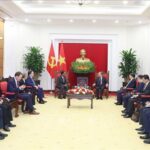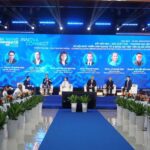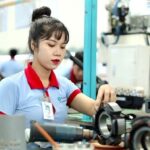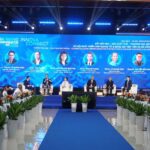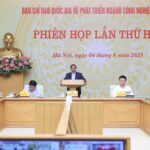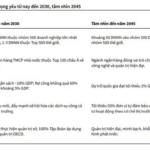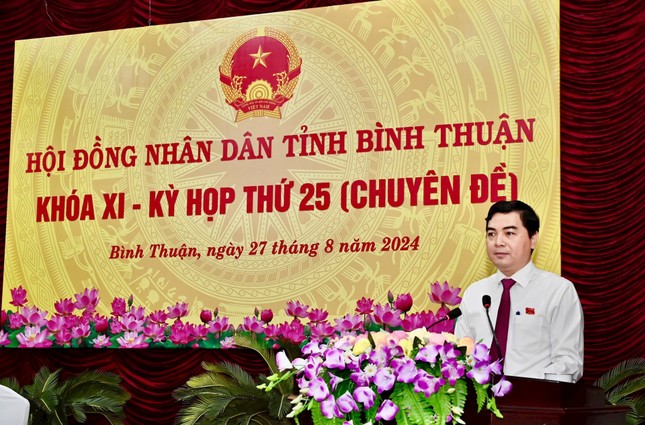It is the semiconductor industry.
According to Gartner’s forecast, the semiconductor sector could generate up to $1 trillion in revenue by 2030. This field is also being actively pursued and invested in by many countries worldwide, including Japan.
In February 2025, Japan’s Ministry of Economy, Trade, and Industry announced that the country would continue to accelerate its semiconductor industry development plan this year. This initiative is a key focus within Japan’s economic development strategy and will create numerous opportunities for its strategic partners, particularly Vietnam.
Under this plan, an initial investment of over $10 billion will be allocated to revitalize and expand the semiconductor industry and related manufacturing sectors. Economic experts note that, given Japan’s severe labor shortage, international collaboration is essential.
At the “Promoting Innovation and Strategic Technology Development” Forum on October 2, Ms. Junko Sakai, Senior Advisor at the Mitsubishi Research Institute, highlighted Japan’s ambitious goals in the semiconductor sector.
“However, we face a significant labor shortage. To meet our ambitions, we need approximately 352,000 specialists by 2035. This represents a substantial gap, as we are currently short 200,000 skilled professionals,” she stated.
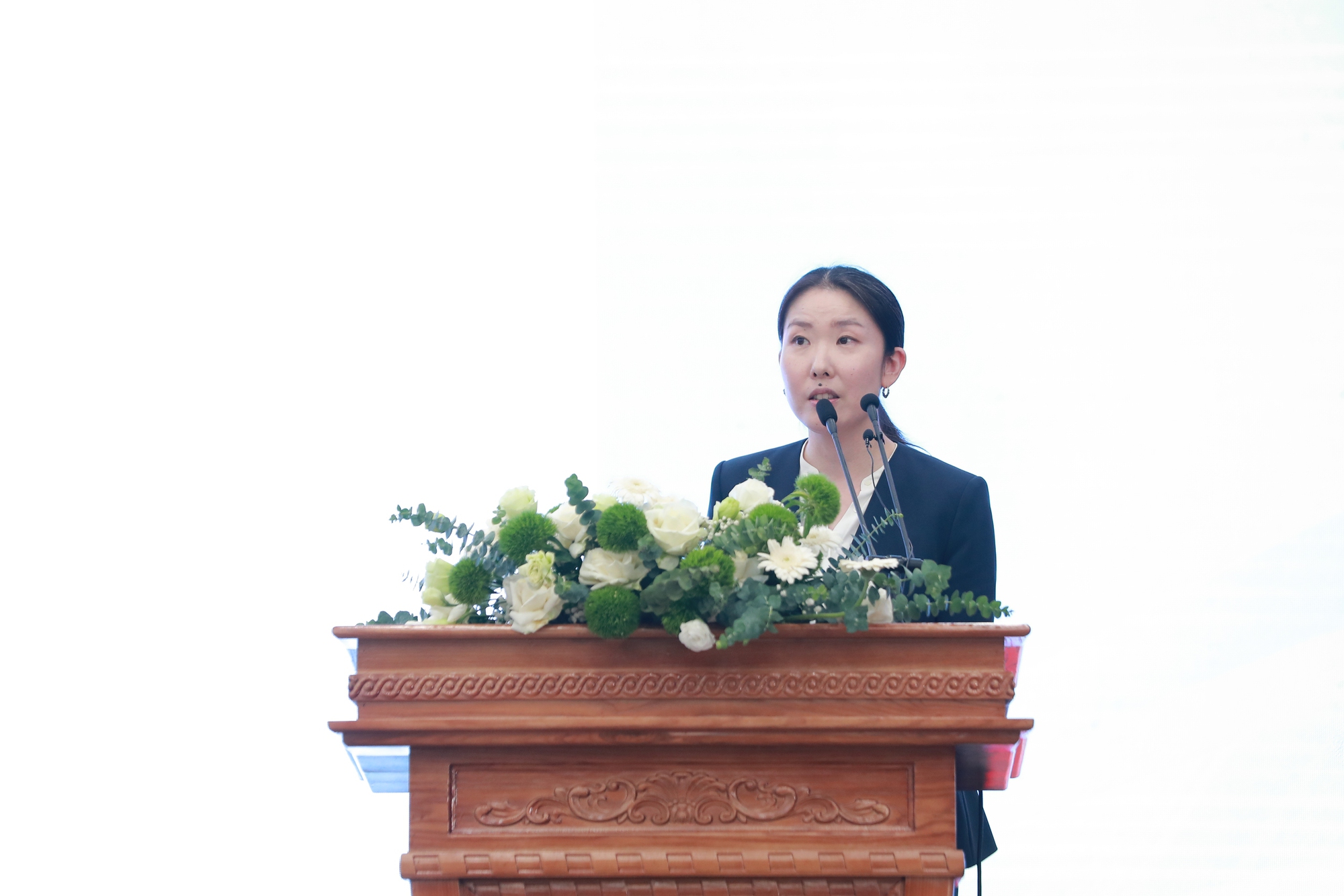
Ms. Junko Sakai, Senior Advisor at the Mitsubishi Research Institute, discusses Vietnam-Japan semiconductor workforce collaboration.
According to Ms. Junko Sakai, Japan urgently needs Vietnam’s cooperation. Vietnam is seen as a potential talent pool to fill this gap.
“Japan has a high demand for manufacturing engineers and production managers in the semiconductor industry. This presents a significant opportunity for Vietnam to optimize its current training programs to produce semiconductor engineers,” Ms. Junko Sakai emphasized.
Vietnamese Engineers Must Master Multiple Skills to Work in Japan
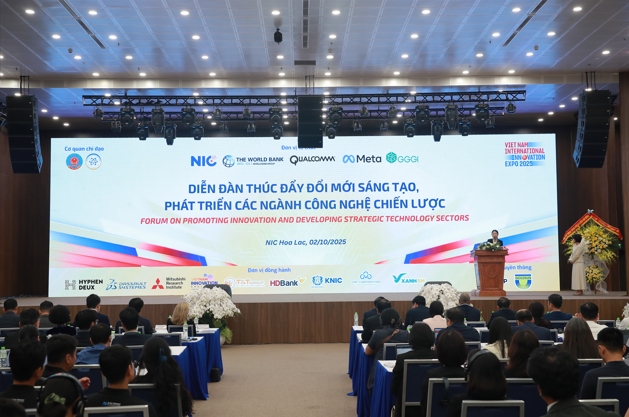
Ms. Junko Sakai explains the diverse skill set required for engineers in Japan’s semiconductor industry.
Regarding the requirements for Vietnamese engineers, Ms. Junko Sakai noted that to succeed in Japan’s demanding semiconductor environment, workers must possess language skills, including Japanese proficiency for seamless communication, and the ability to operate equipment and tools accurately and efficiently. Data analysis skills are also crucial.
She pointed out a current mismatch between employers’ skill requirements and the actual skills of candidates. To address this, she suggested leveraging intermediaries to provide intensive language training and practical programs for Vietnamese workers. This would enhance their competitiveness and enable them to secure key positions in Japan’s semiconductor production chain.
Echoing Ms. Junko Sakai’s views, Ms. Reiko Yuguchi, Director of the Japan Science and Technology Agency (JST) Office in Singapore, discussed the NEXUS program. This initiative fosters collaboration in science, technology, and innovation between Japan and ASEAN countries, including Vietnam.
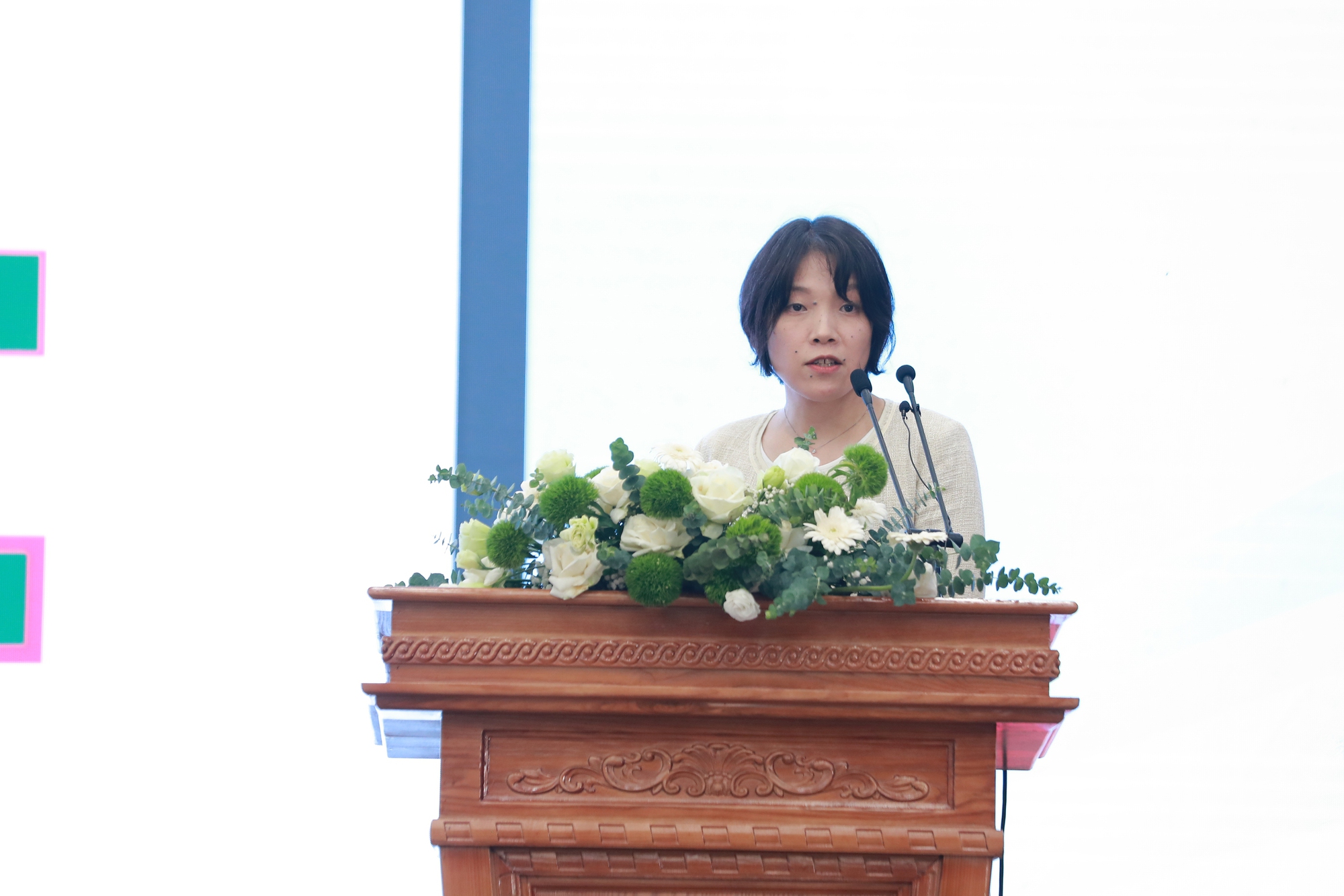
Ms. Reiko Yuguchi, Director of JST’s Singapore Office, discusses the NEXUS program.
“In partnership with Vietnam’s Ministry of Science and Technology, we launched a call for semiconductor research proposals. This co-funded program includes $700,000 from Japan and matching funds of up to $350,000 from Vietnam per project.
Additionally, we support Vietnamese PhD candidates to conduct research in Japan, providing $91,000 per individual. This training program is exclusively offered to Vietnam within the NEXUS framework,” Ms. Reiko Yuguchi explained.
The JST Director expressed that these joint research initiatives will help Vietnam cultivate a talented semiconductor workforce.
Japan Commits to Partnering with Vietnam
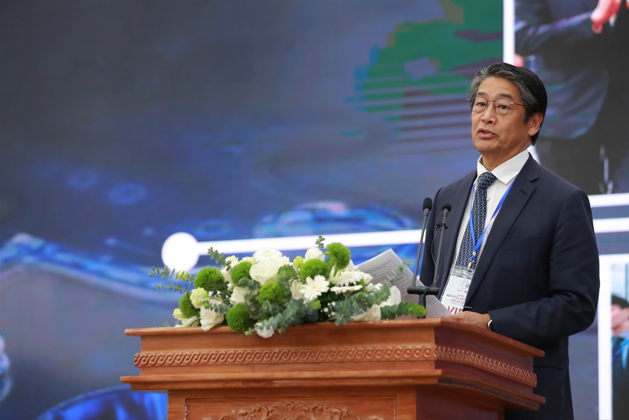
Japanese Ambassador to Vietnam Ito Naoki speaks at the Forum.
At the Forum, Japanese Ambassador to Vietnam Ito Naoki affirmed, “Japan is committed to remaining a key partner with Vietnam in fostering innovation and training across various industries.
I believe we will soon see joint initiatives between Vietnamese and Japanese universities, as mentioned by the JST representative. Japan has already accepted approximately 250 researchers in semiconductors and advanced sciences under JST’s NEXUS program. Additionally, we support collaboration through the Japan International Cooperation Agency (JICA) in AI and other technological fields…”.
The “Promoting Innovation and Strategic Technology Development” Forum was held as part of the 2025 National Innovation Day (October 1–3) at Hoa Lac Hi-Tech Park, Hanoi. The event was organized by the Ministry of Science and Technology in collaboration with the Ministry of Finance.
(Photos: MH/NIC)
General Secretary To Lam Meets with Marvell Global CEO
On the afternoon of October 1st, at the Communist Party of Vietnam’s Central Headquarters, General Secretary Tô Lâm received Mr. Sandeep Bharathi, Chairman of Marvell Technology Group, based in the United States.
“Forging a New Era in the Semiconductor Industry.”
“Ho Chi Minh City is paving the way for the semiconductor industry with a range of supportive policies and initiatives. With a vision to become a hub for high-tech industries and modern services, the city is developing state-of-the-art industrial parks, attracting both domestic and foreign investments in the field of semiconductor technology.”
Danang Attracts 25 Semiconductor Companies
On August 30, Danang hosted the Danang Semiconductor Day 2025. The event was led by the Danang People’s Committee and the Central Policy and Strategy Committee, showcasing the city’s strategic vision for the development of high-tech industries.
“Institutional Refinement for the Semiconductor Industry: Ensuring Energy and Human Capital”
The announcement, Directive 439/TB-VPCP, underscores the imperative for ministries and sectors to collectively address key bottlenecks in infrastructure, institutions, human resources, and energy. By doing so, and by actively promoting international cooperation and localizing supply chains, Vietnam’s semiconductor industry can achieve a breakthrough and ascend to new heights.

